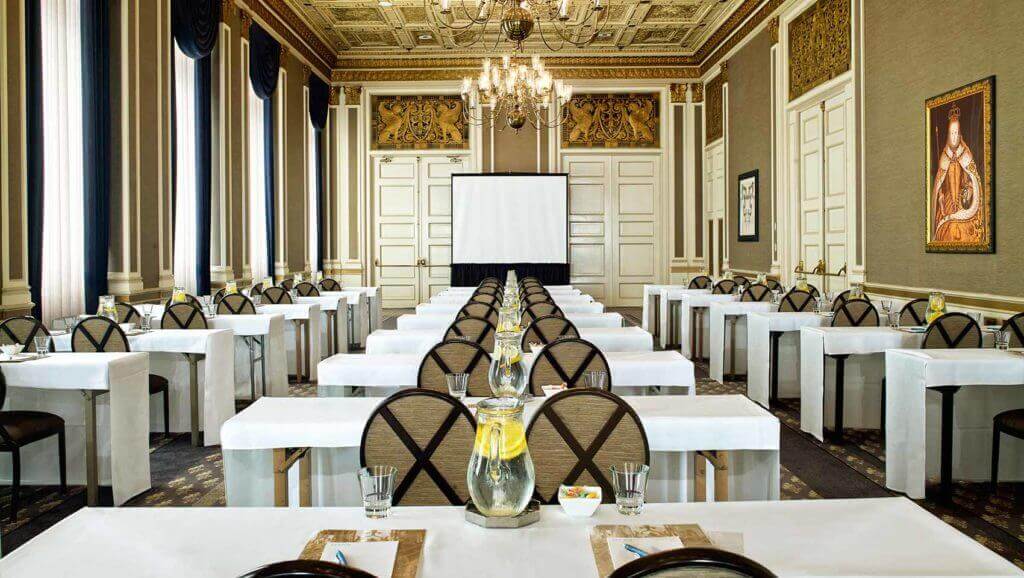
Hotels have long relied on traditional revenue streams such as room bookings, dining, and spa services. However, in an increasingly competitive market, innovative hoteliers are exploring new ways to boost their bottom line. One often overlooked yet highly lucrative opportunity lies within the function spaces and underutilized event spaces of a hotel.
NB: This is an article from Tripleseat
Subscribe to our weekly newsletter and stay up to date
By effectively using these spaces, hotels can tap into a myriad of revenue-generating possibilities. Today, we’ll talk about what your revenue sources are and how you can get the most out of an events program at your property.
Impact of Events on Hotel Rates
Events can significantly impact hotel rates, often leading to fluctuations in pricing due to changes in demand. Here’s a detailed look at how and why events influence hotel rates:
Events Increase Demand
- High Demand Periods: Major events such as conventions and large weddings, the demand for hotel rooms can surge. Hotels capitalize on this increased demand by raising room rates.
- Limited Availability: With more people needing accommodation during these events, the availability of rooms decreases. Scarcity can drive up prices as guests are willing to pay more to secure a room.
Revenue Management Strategies
- Dynamic Pricing: Hotels often employ dynamic pricing strategies, adjusting room rates in real-time based on current demand and occupancy levels. Events provide an opportunity to increase rates to maximize revenue.
- Length of Stay Requirements: During high-demand periods, hotels may implement minimum stay requirements, ensuring that rooms are booked for longer durations at higher rates.
- Premium Pricing for Convenience: Hotels that offer events can command higher rates due to their convenience. Guests attending the event are often willing to pay a premium for the location advantage.
Advanced Bookings and Last-Minute Rates
- Early Bookings: Guests who book well in advance of an event can sometimes secure lower rates, as hotels aim to ensure occupancy. As the event date approaches and availability decreases, rates typically rise.
- Last-Minute Pricing: Conversely, last-minute bookings during events can be significantly higher due to the limited availability and urgent demand.
Ancillary Revenue Opportunities
- Packages and Promotions: Hotels may create special packages that include perks. These packages often come at a premium but offer added value to guests.
- Event-Related Services: Hotels can boost overall revenue by offering themed dining experiences, or special amenities related to the event.
Economic Impact
Potential for Repeat Business: Successfully hosting guests during major events can lead to repeat business, as attendees may return for future events or recommend the hotel to others.
Positive Economic Impact: Large-scale events can bring substantial economic benefits to a hotel, not just through increased room rates, but also through higher occupancy, food and beverage sales, and use of other services.




